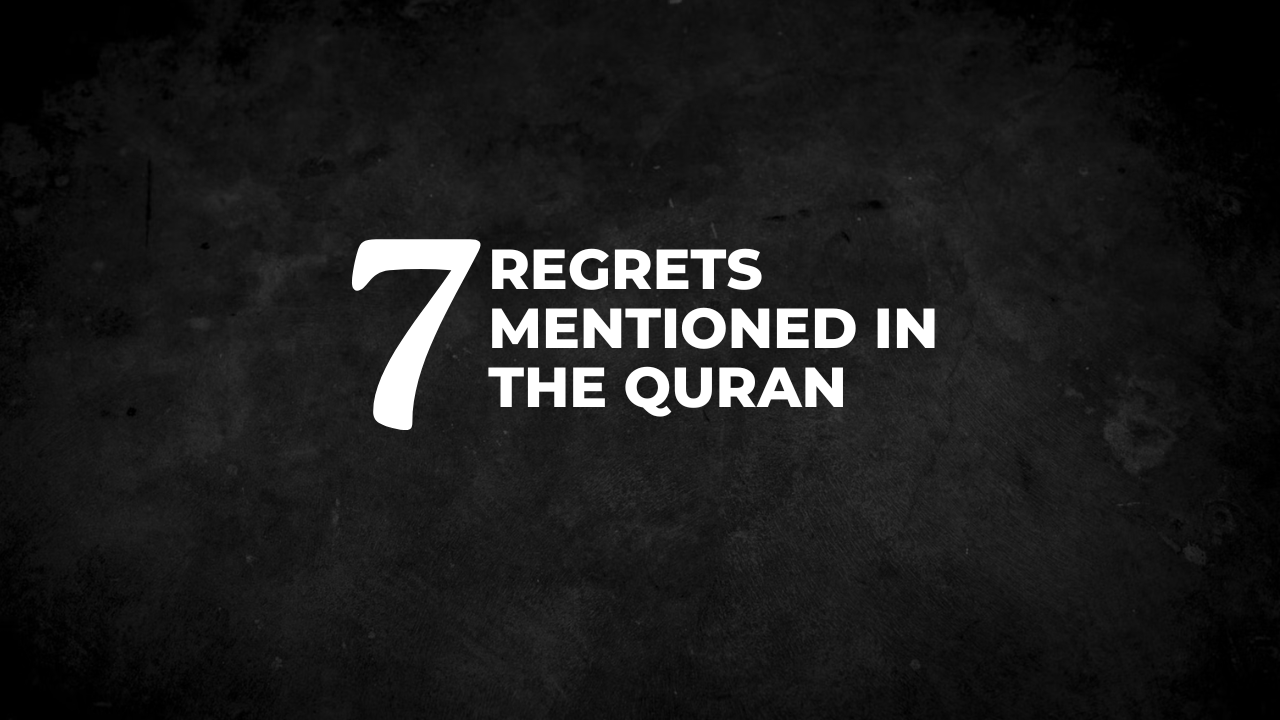12 Manners to Communicate Others according to Sunnah
We communicate with people on a daily basis, and what’s better than learning some important types of etiquette that could improve our daily interactions. Manners are a way of doing something or way of behavior, etiquette or it could be a person’s outward way of behaving toward others. The issue of good manners is very important In Islam; it is the basis of one’s success in his daily life through which someone could make a distinctive place in the Islamic community. Dealing others with good manners means to put them at ease the way that Islam recommended us to deal with. It is not just the important part of our religion Islam but also makes our social life more pleasant. Conducting good manners is not easy because it takes time.There is no one in a good manner than our beloved Prophet Muhammad (SAW). Allah Almighty said in Holy Quran: “And indeed, you are of a great moral character” (Quran, 68:4).
1. Smile:
The Prophet  said:
said:
“Your smiling in the face of your brother is charity.” [Jami` at-Tirmidhi]
Before you start talking, smile! This is an instant ingredient to start any conversation positively and to remove any past ill feelings that could be present.
2. Pay attention to the tone and volume:
Beware of your tone and the volume of your voice. Your tone determines whether you will make your relationship or break it. Any undesirable loudness in your voice could put people off and make any further attempts to communicate futile.
“And be moderate in your pace and lower your voice; indeed, the most disagreeable of sounds is the voice of donkeys.”
[Qur’an: Chapter 31, Verse 19]
3. Start with the Islamic greeting of peace:
Whether you know this Muslim or not, the greeting of peace or saying ‘Assalaamu alaykum’ (peace be upon you) is recommended. It will repel hatred and create love between you.
“A man came to the Prophet  and said: Peace be upon you! He responded to his salutation. He then sat down. The Prophet
and said: Peace be upon you! He responded to his salutation. He then sat down. The Prophet  said: Ten [rewards]. Another man came and said: Peace and Allah’s mercy be upon you! He responded to his salutation when he sat down. He said: Twenty. Another man came and said: Peace and Allah’s mercy and blessings be upon you! He responded to him and said when he sat down: and blessings be upon you! He responded to him and said when he sat down: Thirty.” [Sunan Abi Dawud]
said: Ten [rewards]. Another man came and said: Peace and Allah’s mercy be upon you! He responded to his salutation when he sat down. He said: Twenty. Another man came and said: Peace and Allah’s mercy and blessings be upon you! He responded to him and said when he sat down: and blessings be upon you! He responded to him and said when he sat down: Thirty.” [Sunan Abi Dawud]
Habituate yourself with saying the full and complete greeting and earn 30 rewards every single time you greet someone!
4. Shake hands:
Accompany your greeting with shaking hands (if you are greeting your mahram or a person of your gender).
“There are no two Muslims who meet and shake hands, but they will be forgiven before they part.”
[Sunan Ibn Majah]
5. Inquire about people:
Ask them how they are doing and inquire about their health and well-being and that of their family and friends. They will feel loved and cared for.
6. Remember not all are the same:
Consider people’s different characteristics and differences while communicating. Keep in mind their age, status, temperament and other factors.
- Kindness of Beloved Prophet [Peace Be Upon Him]
- The Blessings of Gratitude [Shukr] | According to Quran and Sunnah
- 99 names of Allah [Asma-ul-Husna] | With Meaning
- 10 Favorite Foods of Prophet Muhammad (SAW) with Benefits
7. Teach at every opportunity:
The Prophet  used every chance to enjoin the good and forbid the evil. If there is ever a need for you to say something corrective in nature, do so gently.
used every chance to enjoin the good and forbid the evil. If there is ever a need for you to say something corrective in nature, do so gently.
8. Refrain from the common evils of the tongue:
People getting together and communicating with each other often leads to falling into various sins related to the tongue such as talking about Allah  without knowledge, slandering, lying, insulting and cursing. These habits are grievous sins that eat away at our rewards and the barakah in our lives: make it a habit to ensure whether anything you are about to say may constitute any of these sins. And, if you were to indulge in joking, let the jokes be true. The Prophet
without knowledge, slandering, lying, insulting and cursing. These habits are grievous sins that eat away at our rewards and the barakah in our lives: make it a habit to ensure whether anything you are about to say may constitute any of these sins. And, if you were to indulge in joking, let the jokes be true. The Prophet  said:
said:
“A slave (of Allah) may utter a word which pleases Allah without giving it much importance, and because of that Allah will raise him to degrees (of reward): a slave (of Allah) may utter a word (carelessly) which displeases Allah without thinking of its gravity and because of that he will be thrown into the Hell-Fire.”
[Sahih al-Bukhari]
9. Choose simple, concise words:
Avoid complex language and sophisticated terminologies. Instead, try to stick to concise words and phrases that are of eloquence and seek to be understood.The Prophet  said:
said:
“I have been given superiority over the other prophets in six respects: I have been given words which are concise but comprehensive in meaning” […]
[Sahih Muslim].
He  spoke with clarity and made people comprehend easily, sometimes by even repeating his words thrice.
spoke with clarity and made people comprehend easily, sometimes by even repeating his words thrice.
10. Stay away from argumentation:
Being nice is easy when you’re dealing with nice people. But, practically speaking, this world has more to it than such people. Despite your best efforts, you are bound to walk into not-so-nice people. Try not to fall into disputes and argumentation.
“And obey Allah and His Messenger, and do not dispute (with one another) lest you lose courage and your strength depart, and be patient. Surely, Allah is with those who are As-Sabirin (the patient ones, etc.).”
[Qur’an: Chapter 8, Verse 46]
If you realize you are already in a dispute, be wise and argue with that which is better. Allah  says:
says:
“And not equal are the good deed and the bad. Repel [evil] by that [deed] which is better; and thereupon the one whom between you and him is enmity [will become] as though he was a devoted friend.”
[Qur’an: Chapter 41, Verse 34]
If you find the argument going nowhere positive, stop before you get angry, smile and retreat after trying your best to reconcile for when a man said to the Prophet  “Advise me,” he said: “Do not get angry.” He repeated his question several times and again the Prophet
“Advise me,” he said: “Do not get angry.” He repeated his question several times and again the Prophet  said: “Do not get angry.” [Bukhari]
said: “Do not get angry.” [Bukhari]
11. End with the greeting:
Before departing, smile, shake hands and greet people warmly with the salam.
12. In writing, start with Allah’s Name:
If you were to communicate in writing, in addition to the points above that are relevant, it is desirable to start your written communication with ‘Bismillaahir Rahmaanir Raheem’ [In the name of Allah, the Continuously Merciful, the Especially Merciful]. This was done by the Prophet  numerous times when he dispatched letters to kings and heads of peoples and tribes.
numerous times when he dispatched letters to kings and heads of peoples and tribes.
Source: productivemuslim.com
FURTHER READING


![Duas for Jannah [Paradise] & Ways to get Jannah](/wp-content/uploads/2023/09/Black-Binaural-Meditation-Music-YouTube-Thumbnail-8.png)

